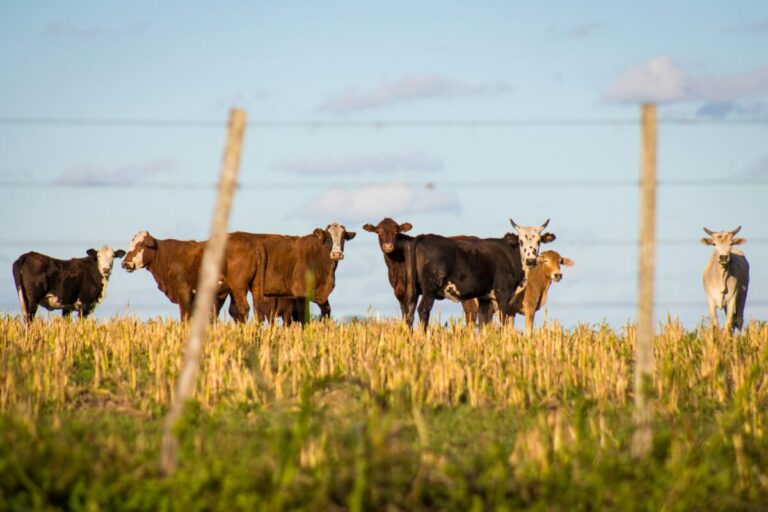Researchers at West Virginia University have secured $1.6 million from the U.S. Department of Energy to install and assess the benefits of agrivoltaics on small livestock farms.
Researchers from West Virginia University in the United States will install agrivoltaic energy on small livestock farms to assess the benefits of the technology.
The research team has secured $1.6 million from the U.S. Department of Energy as part of the department’s $71 million for solar supply chain research and development projects.
The researchers will investigate the benefits of agrivoltaic solar energy for crop production, livestock production and pollinator habitats. Working with solar installers Appalachian Renewable Power (ARP), the university will conduct research on the soils, grasses and livestock surrounding the solar systems, while ARP will handle the design and installation of the agricultural voltaic systems.
Traditional flat panels and bifacial solar cells will be installed held together by nets, the latter of which will prevent the runoff of water that could affect the hydrology of the soil. The researchers will collect and analyze soil samples from pastures with solar panels and compare them to those without solar panels to determine whether solar panels affect pasture ecosystems.
“[Our goal with this project is to] install some solar energy and then study how animals perform in that scenario, under the panels,” says Matt Wilson, professor of animal sciences at the university and research leader. “Then we can start making recommendations to producers if they are interested.”
According to university statistics, 68% of West Virginia agricultural producers have off-farm income because they cannot make a living from farming alone.
Wilson said solar technology could help diversify a farm’s income stream and attract younger generations to the farming sector. “Young people don’t want to go into farming because they see the backbreaking work and low technology,” he explained. “But there are opportunities for a high-tech, multi-income stream and wide-ranging things that someone can do to make a living in agriculture.”
Earlier this year, vice president of strategy at Lightstar Renewables, Lucy Bullock-Sieger, discussed the rollout of agrivoltaic energy in the United States with pv magazine.
This content is copyrighted and may not be reused. If you would like to collaborate with us and reuse some of our content, please contact: editors@pv-magazine.com.


